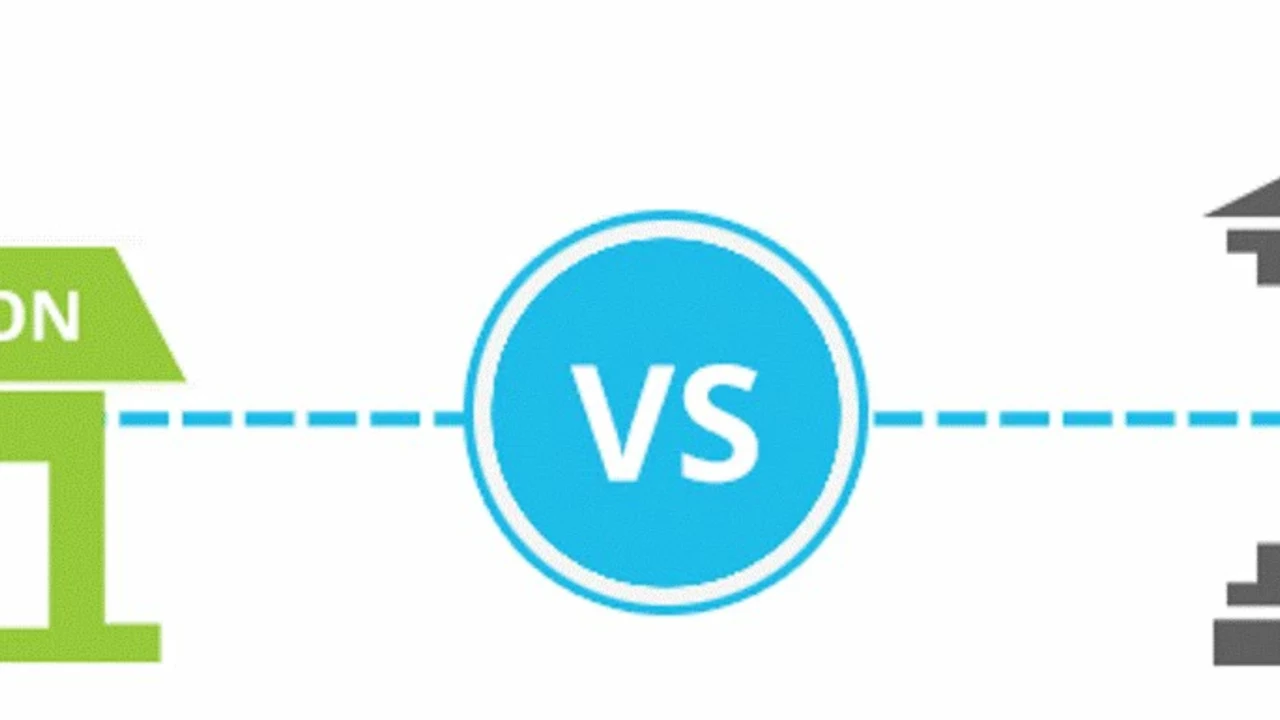Credit Unions Explained: What They Are and Why They Matter
Ever wondered why some people swear by credit unions? Unlike big banks, credit unions are owned by the people who use them. That means members get a say in how things run and often enjoy lower fees, better rates, and friendlier service.
Think of a credit union as a community savings club. Everyone chips in, and the pool of money is used to help members with loans, savings, and other financial tools. Because there’s no profit‑hunting shareholder, any surplus goes right back to you in the form of lower interest on loans or higher returns on deposits.
Top Benefits of Being a Credit Union Member
First off, rates matter. Credit unions typically offer lower interest on auto loans, mortgages, and personal loans. That can shave hundreds—or even thousands—off what you’d pay at a regular bank.
Second, fees are simpler. You’ll find fewer hidden charges, no monthly maintenance fees for checking accounts, and often free overdraft protection. When fees do appear, they’re usually transparent and easy to understand.
Third, the service feels personal. Because members are also owners, staff often know your name and your financial goals. This can translate into tailored advice, flexible loan terms, and a willingness to work with you during tough times.
Lastly, credit unions tend to invest in the community. Many sponsor local events, offer financial education workshops, and support small businesses. Your money stays local, helping the neighborhood grow.
How to Join a Credit Union – Simple Steps
Joining is easier than you might think. Most credit unions have a “field of membership” rule—basically, they serve a specific group like a certain employer, geographic area, or community organization. Start by checking if you or a close family member meets the criteria.
Next, gather a few basic documents: a photo ID, proof of address, and maybe a paycheck stub if the union checks employment. You’ll fill out an application, which can often be done online or in person at a branch.
After approval, you’ll need to open a share account—think of it as a minimum deposit that makes you an owner. This amount is usually small, like $5 to $25, and it earns you a tiny dividend each year.
Once you’re a member, you can start using the credit union’s services: deposit money, set up direct deposit, apply for loans, or use their online banking platform. Many credit unions also offer credit cards with competitive rates and rewards.
Remember, you’re not locked in forever. If your situation changes, you can close your account and move your money elsewhere without penalties, just like any other bank.
Overall, credit unions blend the security of a bank with the community focus of a cooperative. If you value lower costs, better rates, and a more personal touch, they’re worth checking out. Take a few minutes to find a local credit union that matches your field of membership, and you could start saving right away.

Do credit unions sell loans as banks sometimes do?
In my exploration of financial systems, I've discovered that credit unions, much like banks, do have the capacity to sell loans. This practice involves selling the loans to other institutions, often as a way to free up capital. However, it's important to note that credit unions operate based on their members' best interests, so they generally lean towards holding onto loans rather than selling them. But, just like banks, they have the right to sell loans if necessary or if it's beneficial for their stability and growth. So, while it isn't a common practice, it isn't unheard of in the world of credit unions.
Read More